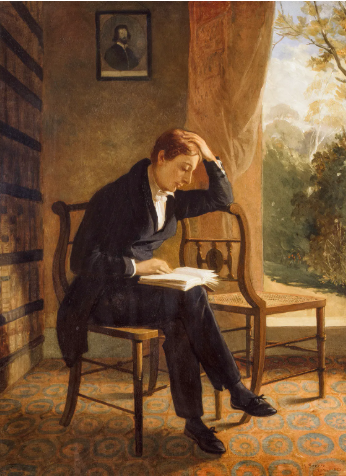Romanticism and the Ethics of Aesthetic Suffering: A Study of Shelley's Compassionate Imagination
Dr. Afroza Banu & Dr. Md. Shahidul Islam
Oct-Nov-Dec

Abstract
This study applied a qualitative approach to understand Romanticism, aesthetics, and ethics, and it was conducted based on a detailed examination of the work of poetic imagination by Percy Bysshe Shelley, and the ways of how Shelley represents human sufferings as the location of moral action. This was the main thing that aimed at exploring the manner in which Shelley uses compassionate imagination to turn pain and suffering into an ethically sensitized aesthetic moment that enables readers to encounter and understand the human condition. Based on intimate textual interpretation of some of the poems like Alastor, Julian and Maddalo, and the Cenci, the paper integrated theoretical building blocks of Romantic aestheticism and ethical criticism especially those made by Martha Nussbaum and Elaine Scarry. Data sources were poetry and prose by Shelley, critical essays and the secondary literature related to them. The information was interpreted in terms of themes of wastes of imagination, conscience and aesthetic portrayal of suffering. It is indicated that the poetic imagination of Shelley does not only romanticize suffering but also reworks it as a means of moral awakening, as an imaginative greatness that, according to the findings, appeals to ethical responsiveness on the part of the poet himself and the reader. The paper has been able to relate to an under-saturated field of Shelley scholarship because it makes ethical suffering the primary point of focus, or, in other words, it provides novel contributions to the study of ethical aspects of Romantic texts.
Keyword: Romanticism, Aesthetic Suffering, Compassionate Imagination, Ethical Engagement
Research Area: English Literature
Country: Bangladesh
download